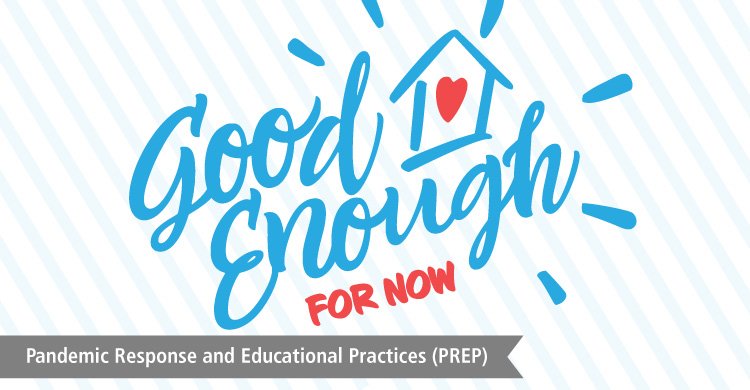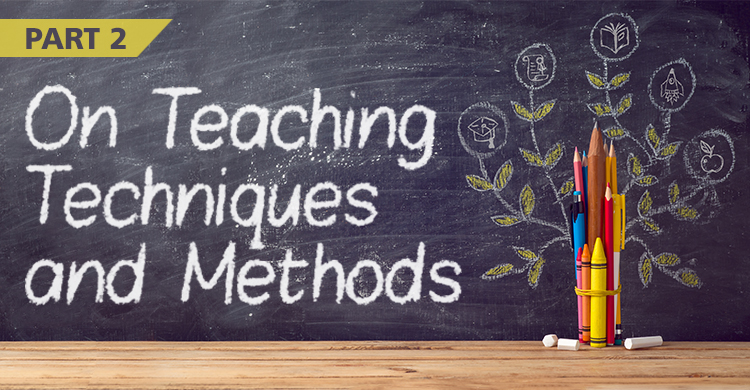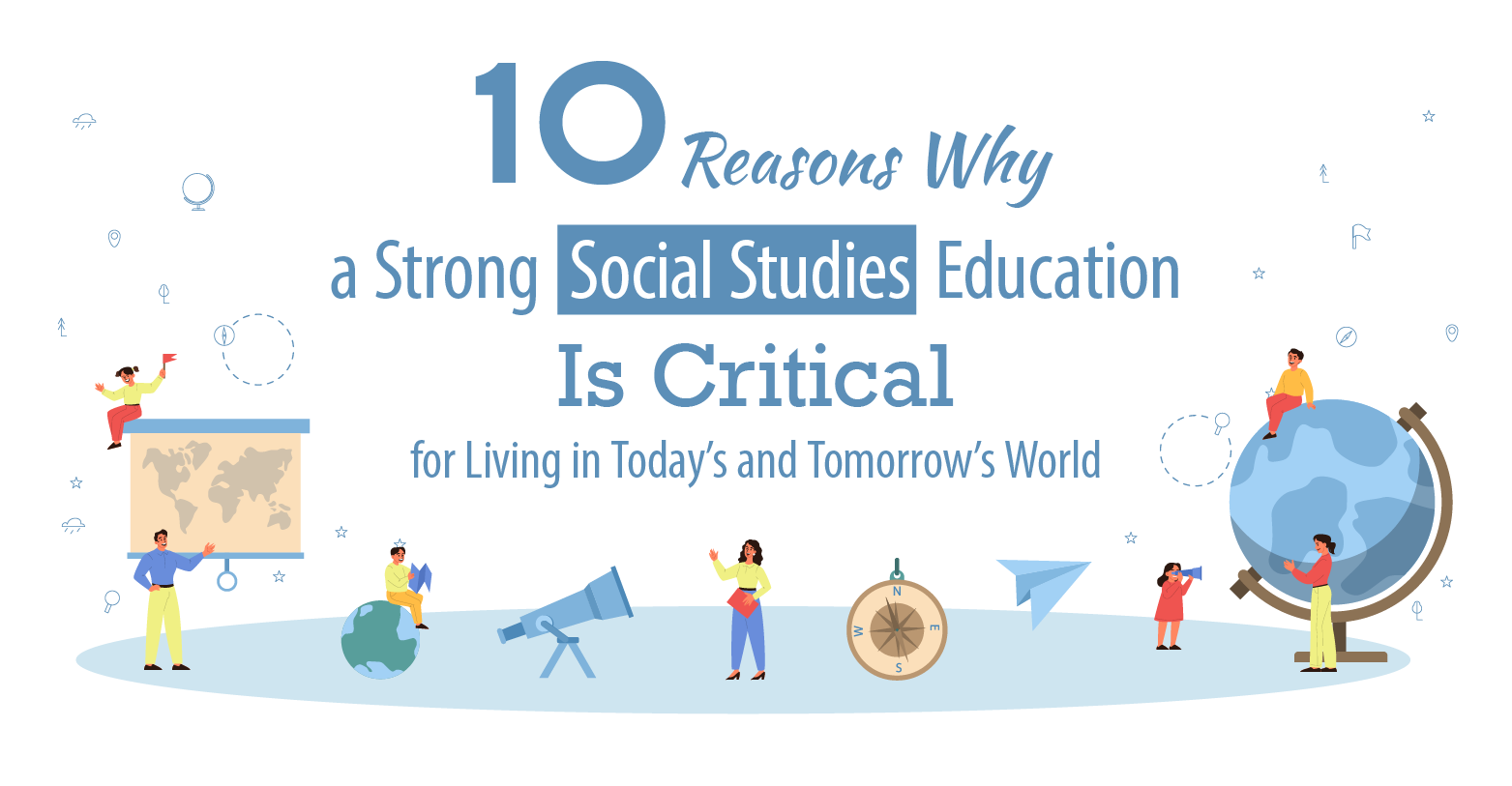This entry is the second in a blog series called Pandemic Response and Educational Practices (PREP), which aims to highlight and further the important work educators are doing amid the worldwide COVID-19 crisis. The first post, written by Jeremy Adams, can be found here.
Based on HEART! Fully Forming Your Professional Life as a Teacher and Leader
The disruption to our professional and personal lives by the COVID-19 virus is staggering. Close to 51 million preK–12 children in the United States are not attending school, as an abrupt halt to the 2019–20 school year occurred sometime around our normally scheduled spring breaks.
Somewhere in the midst of this devastating pandemic, the only experience in our lives that became certain was uncertainty. And grief. And fear. And stress. And isolation. March, April, and May 2020 will be forever etched in our memories.
Where is the hope?, we wonder.
To understand our hope amid this time of uncertainty is to understand our basic sense of humanity.
The nature of our profession is not an easy one
You and I have chosen a highly relational—and intensively human—profession. As such, in a normal school season, our professional life is anything but certain. Unexpected surgeries, job transfers, loss, sickness, promotions, achievements, and change. We adapt, we shift, we alter, and we adjust. Every school season brings with it adversity, crises, and failure. These obstacles to success rise up against the daily daunting pace of our work life to create surprises and challenges that we (and our students) must overcome. We feel lost and overwhelmed at some point, in some moment of time, during a normal school year.
The 2019–20 school year, however, is not a normal school year of obstacles.
The completely unexpected happened. The COVID-19 pandemic invaded our professional and our personal lives, as an unseen and an unforeseen force. It has raged against everything we know about the nature and the length of a normal school season. The slippery rope of COVID-19 burns our hands as we are forced to let go of so many April and May transitions and traditions we know, respect, and value.
No tightly knit endings in this school season.
We are coping with these massive changes in our work schedule, forced to adjust to various renditions of online e-learning while experiencing conflict and isolation within our own families and immediate circle of friends. Our grief, stress, fear, and anger are real and filled with feelings that life is dangerously close to spinning out of our control by outward circumstances not of our choosing.
The uncertainty and daily changing circumstances can cause us to lose hope.
‘And I’m still overwhelmed’
As teachers, we are perhaps the most hope-filled people on the planet. I read a Twitter thread from my friend and colleague, Bill Ferriter, a gifted and hope-filled middle school teacher in North Carolina. Bill is also a technology guru, and his tweet ended with “And I’m still overwhelmed.”
I really appreciated Bill’s candor as a frontline teacher, doing some incredible work with his teacher team and his students as he copes with this tenuous time. Then I thought, If Bill is feeling the stress, what about us “not-quite-so-tech-savvy” educators? What if the technology forced by physical distancing is just one of my points of uncertainty?
How then do you and I travel this road of uncertainty over the next few months of 2019–20, into the summer of 2020, and then onward to what most assuredly will be a very different 2020–21 school season? The answer lies partially in connecting to and expanding on our naturally built-in compassion as teachers of others.
The word compassion often refers to compassion for others—loved ones, our students, our colleagues—both liked and disliked individuals. Compassion also refers to receiving from others—from those you consider to be peers, or your students, and includes witnessing compassion between others.
As importantly, there is also self-compassion. It is foundational to our soul story as professionals. Self-compassion is essentially compassion directed inward (Neff). You extend compassion toward yourself when you are experiencing suffering whether by your own mistakes and failures, or by external circumstances you do not control.
The COVID-19 pandemic is most likely the biggest external circumstance of suffering we will ever face as educators. Compassion is now, and will be forever, a requirement of our work life.
The action of compassion
There are four stages that lead to compassion. Compassion is different from empathy (a feeling and understanding component), since compassion requires action. There is plenty of neuroscience evidence that (in response to your own suffering) your brain goes through something like this:
- An awareness of suffering—you acknowledge your obstacles.
- Being emotionally involved in the suffering—you stay under control.
- A wish to see relief for the suffering—you don’t want to walk down that road of suffering.
- A readiness to act/to help relieve the suffering—you overcome your own suffering.
Since empathy is the feeling or understanding of another’s pain or suffering, and compassion is the action that flows from empathy, then every lesson we teach, every interaction we have with our students, parents, colleagues, and family members examines not only our behaviors toward these others, but our behaviors toward ourselves as well.
In the chapter on self-compassion and psychological well-being, published in the Oxford Handbook of Compassion Science, Dr. Kristin Neff from the Department of Educational Psychology at the University of Texas at Austin and her colleague Dr. Christopher Germer detail much of the research on self-compassion.
“Self-compassion, therefore, involves being touched by and open to one’s own suffering, not avoiding or disconnecting from it, and generating the desire to alleviate one’s own suffering and to heal oneself with kindness.”
Read that last word again. Alleviate your suffering with kindness.
What we really need right now from our professional lives is to feel and to know that we are enough. That my effort today, in this very nightmare of learning I am living one day at a time, is enough. We are indeed good enough, for now.
Embrace the adversity this challenge presents
We are working within an unprecedented crisis moment. The 2019–20 school season of standards and testing, technology and grading, and expectations for student learning are collapsing all around us. Embrace the adversity in your personal school story this season, and find some peace that comes from knowing you are good enough in this day, the next day, and the next day, during these very uncertain times.
Good enough teaching, good enough grading, good enough collaborating, good enough with the technology, good enough effort today. Good enough kindness and calm. Good enough in this job I have, for today. I will feel the contentment of my current effort.
Tomorrow morning, though, I will seek to be better, more compassionate toward all of the “others” who need me to be strong and positive right now, engaged and energetic, and supportive of a larger view of learning than the assignments, grades, lessons, and the normal way I think about curriculum.
My new normal is “nothing right now is normal,” including my effort for some self-compassion. Kindness directed inward. A kindness I need in a suffering time like this.
References:
Neff, K. & Germer, C. (2017). “Self-compassion and psychological well-being.” In Seppälä, E. Simon-Thomas, S. Brown, S. Worline, M. Cameron, C.D., Doty, D (Eds.), The Oxford handbook of compassion science. New York: Oxford University Press. p. 371.
HEART! Fully Forming Your Professional Life as a Teacher and Leader is available for purchase on Amazon and SolutionTree.com.
[author_bio id=”390″]







Thank you! I needed this today-there has been a lot going on both professionaly and at home-I have to say I am struggling. I am usually a bubbly energetic person and I am not so much…It is REALLY hard for me to admit. Thank you for letting my ‘enough’ be alright.